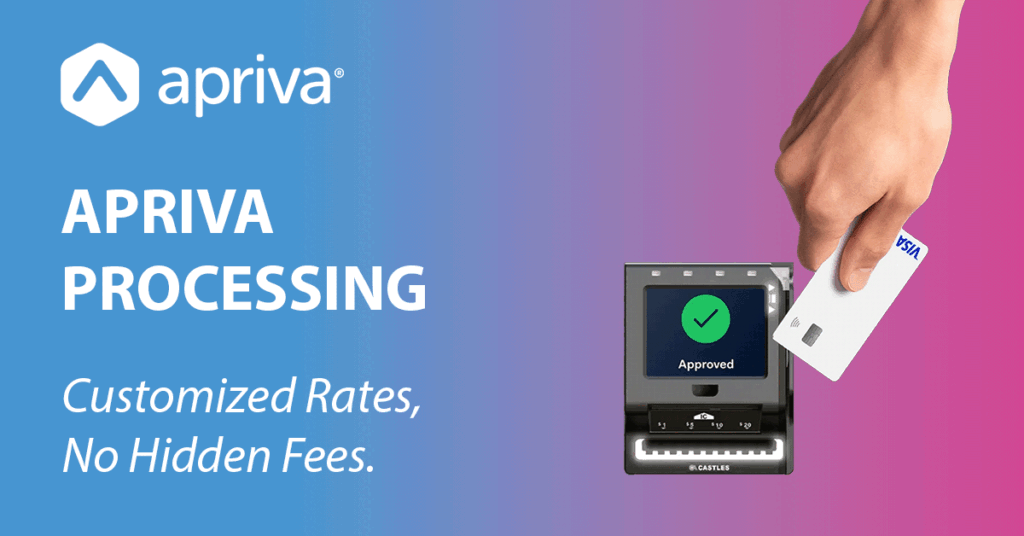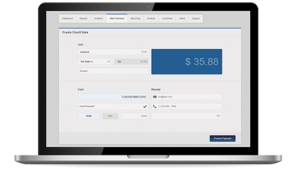According to Ayden’s quarterly Mobile Payments Index, today more than 27 percent of global payments are made on mobile devices. As this number continues to rise and more and more merchants both large and small are understanding the importance of accepting mobile payments, this creates a wide range of opportunity for new technologies and niche markets. While there are many reasons to get into the market, few have as compelling of a reason as banks. Banks in particular have much to gain by offering their own mobile commerce solution.
By not providing a mobile point of sale application to their merchant customers, banks lose out on valuable revenues from a rapidly growing market. This is a big mistake. To date, consumers and merchants are served by a host of relatively new entrants such as Square, Swipe and PayPal, bypassing the institutions that these groups have relied on for more than a hundred years to meet their banking and purchasing needs. Not only do the financial institutions know best how their business customers can be served but they can also gain valuable data and revenue streams from offering such a product.
The benefits to banks are numerous. First and foremost, by offering this service to their customers they not only enhance their relationship with them, but increase their revenue streams. Offering this sort of service means that banks will also end up owning substantial and measurable data from the use of their branded mobile commerce application. This data tracks consumer spending habits, demographic data, business customer income/spending and can be sold back to customers, not only creating an additional financial incentive but increasing the value they can provide their merchant customers across the board. This can help them forge stronger relationships with their business customers, as well as improve service by speeding payments into business bank accounts, potentially attracting new customers.
On the flip side, business customers (merchants) can receive a variety of benefits as well. For instance, by using applications from their own banks, merchants can get quicker access to funds within their business banking account. Additionally, their consumers will see a trusted bank brand when they are making a purchase prompting greater confidence in the transaction and in turn with the merchant. The bank branded solutions already in operation also typically have higher safety and security features such as tokenization and encryption, and are more likely to provide differentiated services like multi-language and ADA support capabilities.
Now, most banks won’t want to develop an entire solution from scratch, and these applications/programs can require a hefty investment to develop. Thankfully, there are a number of white labeled applications available for use that make owning a branded mobile point of sale application easy and affordable for large financial institutions. When shopping for a branded mobile commerce application, there are a number of things to keep in mind. The application should be easily customizable for your needs, and suit the needs of your merchant customers. This could mean needing support for ADA standards or multiple language capabilities being of critical importance if the merchant’s customer demographic requires it, but this could serve as a unique selling point to merchants and give the financial institution a leg up against competing third-party options. Finally, the application should be secure and safe for all parties involved in a transaction.
In the end, the benefits to the banks and their merchant customers are numerous. With people becoming increasingly comfortable with mobile transactions and beginning to turn away from cash the market is ripe with opportunity for mobile point of sale solutions. And, while there are currently a variety of solutions partners for merchants, banks have a unique opportunity to provide a tremendous amount of value to their customers and they would be remiss if they didn’t jump on this opportunity.
– Benjamin Hurley, Director of Mobile Product Management





